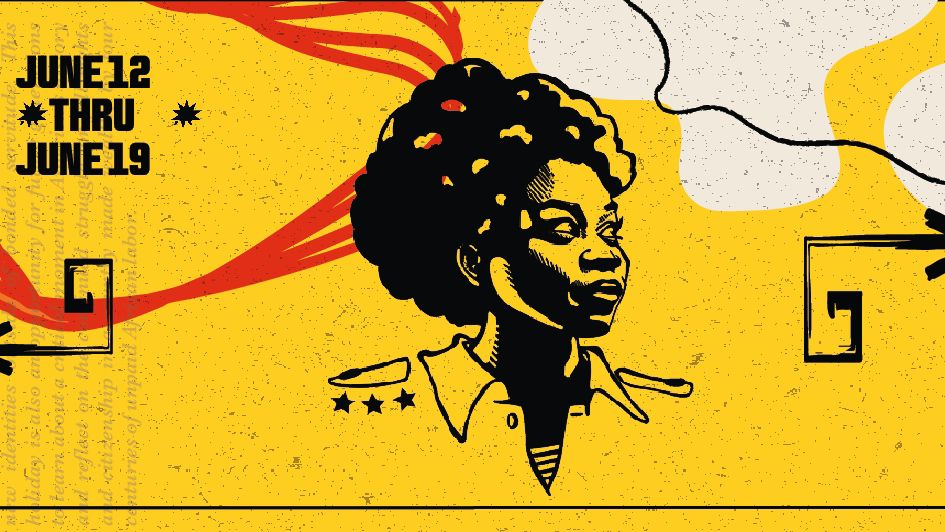AUSTIN, Texas — Commemorate Juneteenth in Austin with the George Washington Carver Museum, Cultural and Genealogy Center as it hosts its fourth annual Stay Black and Live Juneteenth Festival from June 12-19.
This year’s theme is Austin Family Reunion and will center collaborations and partnerships with local organizations and individuals who are making an impact.
“We are incredibly proud to continue Austin’s Juneteenth celebration and tradition at our historic museum,” said Carre Adams, Carver museum director. “With a robust week of programming, we aim to honor the significance of Juneteenth as we foster a deeper understanding of our shared history. We invite the Austin community to join us as we commemorate this momentous occasion and bring Black history past, present and future to the forefront.”
This year’s festival will be filled with community kickbacks, dance parties, cookouts and live music. Kicking off the week-long festival on June 12 will be a conversation with Pamela Dawson, a Grammy Award-winning high school music teacher who educates attendees on African American contributions to art. Culinary food historian Michael W. Twitty will present a lecture on African American foodways and contemporary abolitionist movements on June 15.
There will be a multi-generational community kickback and dance party on June 16. The event will be filled with glowsticks, kites, bubbles, sparklers and DJ sets. The historic Juneteenth Parade in Austin will take place the next day on June 17, starting on E. Martin Luther King Jr. Blvd and concluding at Rosewood Park. The parade will be followed by an Austin Family Reunion cookout and music festival starting at 3 p.m. Attendees can enjoy smoked BBQ and check out vendor markets, educational workshops and film screenings. The music festival kicks off at 6 p.m. with DJs and bands taking the stage at Freedom Lawn.
On Juneteenth, June 19, Pulitzer Prize-winning author Dr. Annette Gordon-Reed will be speaking about her book. The week-long festival will conclude with a Community Revival and Remembrance to honor the victims of police violence in Texas and a closing celebration.
Juneteenth commemorates the end of formal slavery on June 19, 1865, just slightly over two years after Abraham Lincoln signed the Emancipation Proclamation in January 1863. Also sometimes known as the “Black 4th of July,” this day marks the journey of an African American journey to shape an identity and community free of racial caricature.



